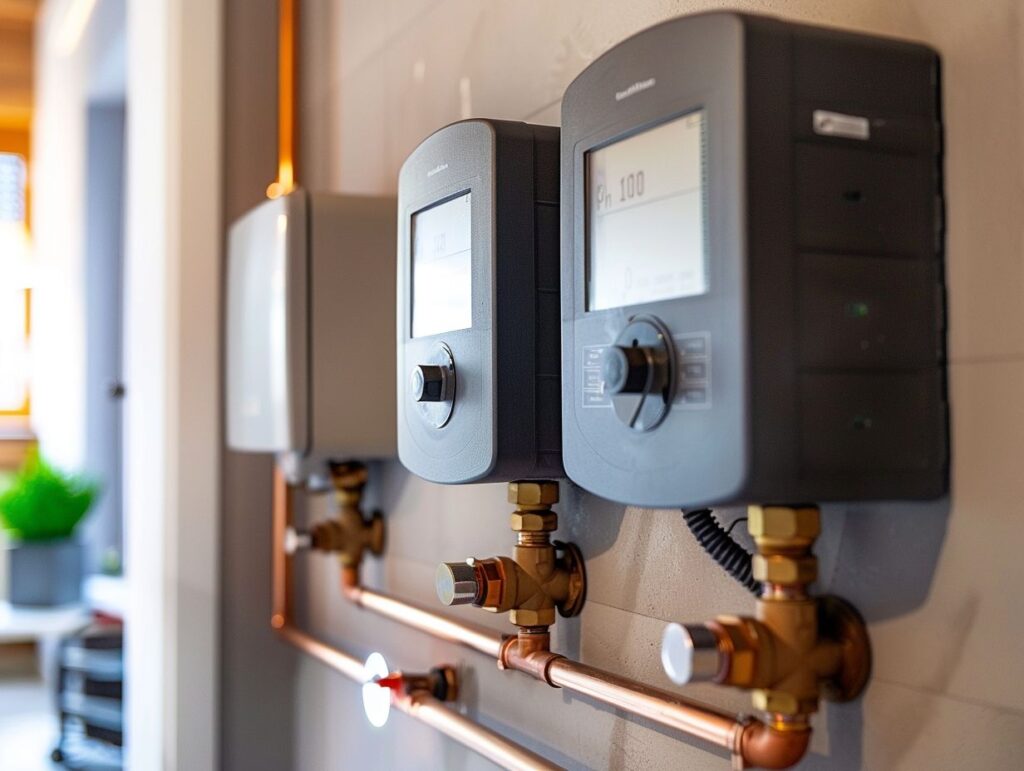Are you interested in saving money on your heating bills and optimising energy efficiency? Dual fuel heating could be the ideal solution for you.
This detailed guide delves into the intricacies of dual fuel heating, covering its operational mechanisms, the potential energy savings it offers, important factors to weigh before transitioning, and strategies for enhancing efficiency.
Whether you are contemplating a shift to dual fuel or seeking to expand your knowledge on this heating alternative, this article provides comprehensive insights on the subject.
Key Takeaways:
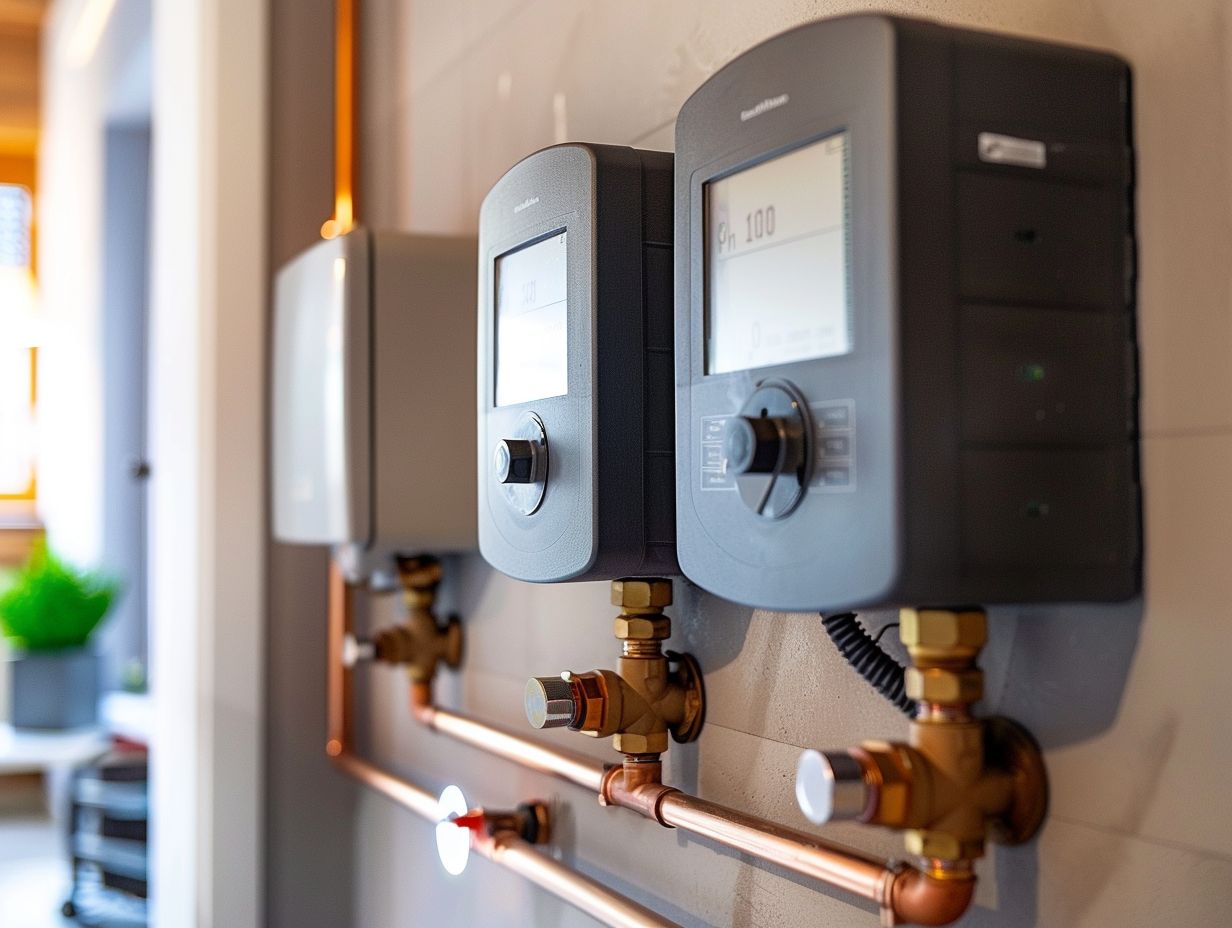
- Dual fuel heating combines the use of electricity and a secondary fuel source, typically natural gas, to provide efficient heating and potential energy savings.
- Switching to dual fuel heating can result in significant cost savings, but it is important to consider the initial investment and long-term maintenance costs before making the switch.
- To maximise energy savings with dual fuel heating, it is important to ensure efficient use and proper maintenance of the system, as well as considering factors such as climate and energy tariffs.
Cost Savings with Dual Fuel Heating
Implementing Dual Fuel Heating can lead to significant cost savings on your energy bills by optimising the use of gas and electricity based on efficiency and pricing. The balanced utilisation of energy sources helps in reducing your overall heating expenses while maintaining comfort levels.
Dual Fuel Heating systems are designed to automatically switch between gas and electricity based on which energy source is more cost-effective at any given time. This dynamic adjustment ensures that you always benefit from the lower-priced energy option, maximising your savings.
The efficiency improvements offered by Dual Fuel Heating not only translate to immediate cost savings on your energy bills but also contribute to long-term benefits by extending the lifespan of your heating system and reducing maintenance costs.
Potential Energy Savings
Dual Fuel Heating offers you potential energy savings by optimising the use of gas and electricity, ensuring efficient heating while minimising energy consumption and operational costs. By leveraging the strengths of both energy sources, you can achieve substantial savings.
This heating system provides an innovative solution by automatically selecting the most cost-effective energy source based on current pricing. This dynamic adjustment not only optimises efficiency but also reduces overall energy consumption, resulting in significant financial benefits for you as a homeowner.
Dual fuel heating systems are designed to seamlessly work together with smart thermostats and energy management tools, further enhancing their ability to deliver personalised comfort while maximising energy savings.
Factors to Consider Before Switching to Dual Fuel
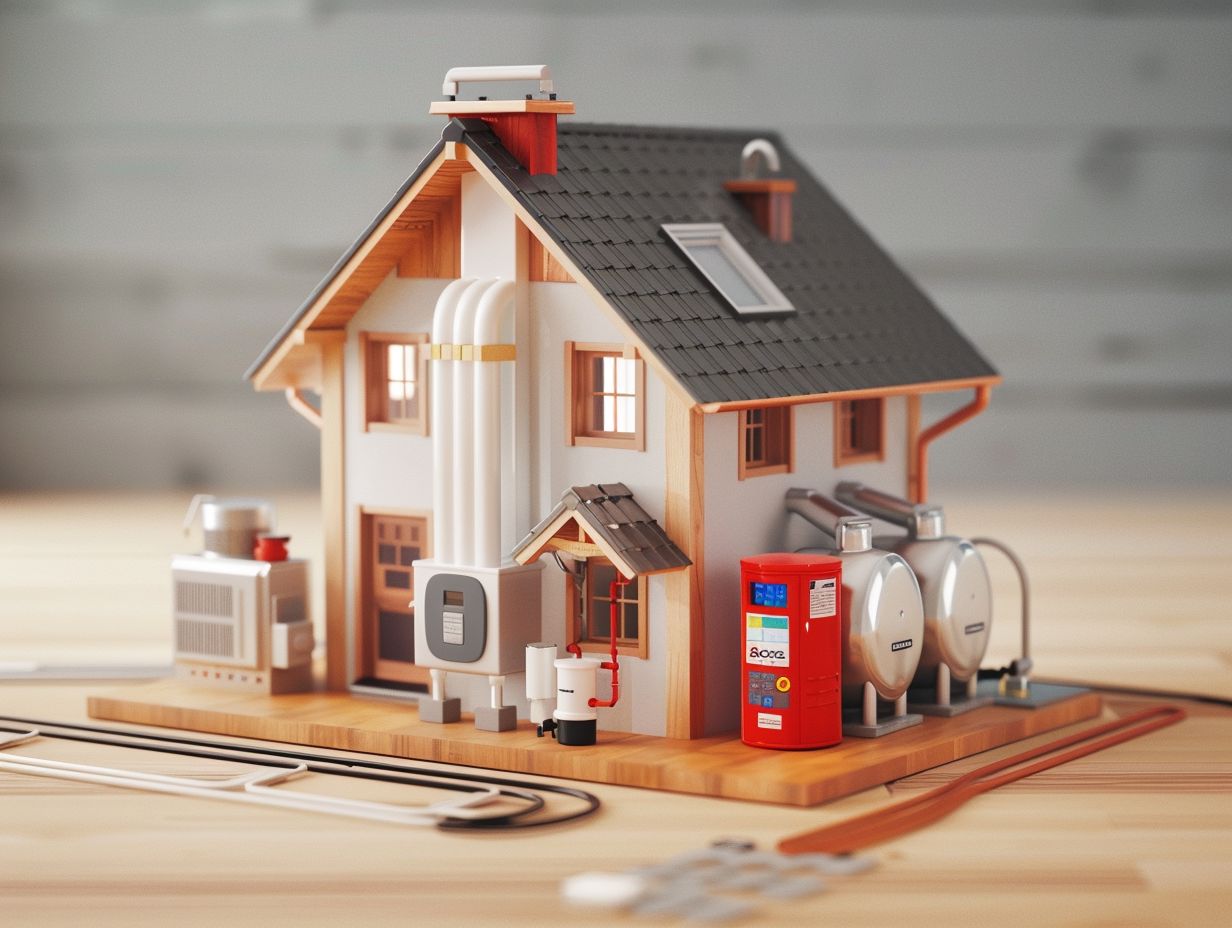
When considering the transition to Dual Fuel Heating, you must evaluate various factors, including existing energy usage, property type, upfront costs, potential energy bill savings, and system efficiency. Understanding your energy consumption patterns is essential in assessing the switch to Dual Fuel Heating.
Installation requirements vary based on property size and existing heating systems. Financial considerations encompass upfront investment and potential long-term savings from reduced energy bills. The efficiency improvements associated with Dual Fuel Heating can provide a more sustainable and cost-effective heating solution.
Adopting Dual Fuel Heating can strike a balance between comfort and energy efficiency in your residential or commercial space.
Initial Investment and Long-Term Savings
The initial investment in Dual Fuel Heating may vary based on installation requirements and existing infrastructure, but the potential for long-term savings on energy bills makes it a cost-effective choice in the context of sustainable and efficient heating solutions.
When considering the financial aspects, the balance between the initial costs and the long-term savings becomes crucial for you. Whilst the upfront expenses of Dual Fuel Heating may be a consideration, many homeowners find that the reduced energy bills over time more than compensate for the initial investment.
With Dual Fuel Heating, the cost efficiency stems from the ability to switch between gas and electricity based on current prices, ensuring that you always use the most cost-effective option available to you.
Comparing Dual Fuel to Other Heating Options
When you compare Dual Fuel Heating to other heating options, you will notice its standout features like versatility, energy efficiency, and cost-effectiveness. The hybrid nature of Dual Fuel Heating presents a well-rounded approach to enhance comfort while reducing energy consumption.
By incorporating both gas and electricity, Dual Fuel Heating allows you to switch between fuel sources depending on cost fluctuations, ensuring you benefit from the most economical option available at any given time. This adaptability not only helps maintain consistent heating levels but also contributes to overall energy savings.
Dual Fuel Heating systems are recognized for their reduced carbon footprint in comparison to traditional heating methods, aligning with the increasing focus on eco-friendly practices within the energy industry.
Pros and Cons of Dual Fuel Heating
Dual Fuel Heating offers you various benefits such as enhanced energy efficiency, flexibility in selecting energy sources, and the potential for cost savings.
When considering this system, it is important to evaluate factors such as the initial investment, maintenance requirements, and compatibility with your existing infrastructure.
In terms of energy efficiency, dual fuel heating systems can give you the flexibility to choose between different energy sources based on availability and cost, allowing you to optimise your energy usage. This versatility not only enhances your comfort but also helps in reducing your energy expenses.
However, it is important to note that the initial expenses associated with purchasing and installing dual fuel heating systems can be relatively high. Additionally, maintaining a dual fuel system requires regular check-ups and upkeep, which adds to the overall operational costs.
How to Implement Dual Fuel Heating?
The implementation of Dual Fuel Heating involves professional installation, system configuration to optimise energy usage, and regular maintenance to ensure the system operates efficiently. Understanding the installation process and maintenance requirements is crucial for a successful integration.
During installation, it is important for you to select a certified technician who can properly set up the dual fuel heating system. This process includes connecting the system to the appropriate fuel sources, such as natural gas and electricity, and configuring the controls for seamless operation.
Regular maintenance tasks for the dual fuel heating system involve inspecting and cleaning the system components, checking for any leaks or malfunctions, and calibrating the settings to maintain optimal performance.
System optimisation practices may include utilising programmable thermostats and adjusting heating levels based on occupancy patterns to maximise energy efficiency.
Installation Process and Maintenance
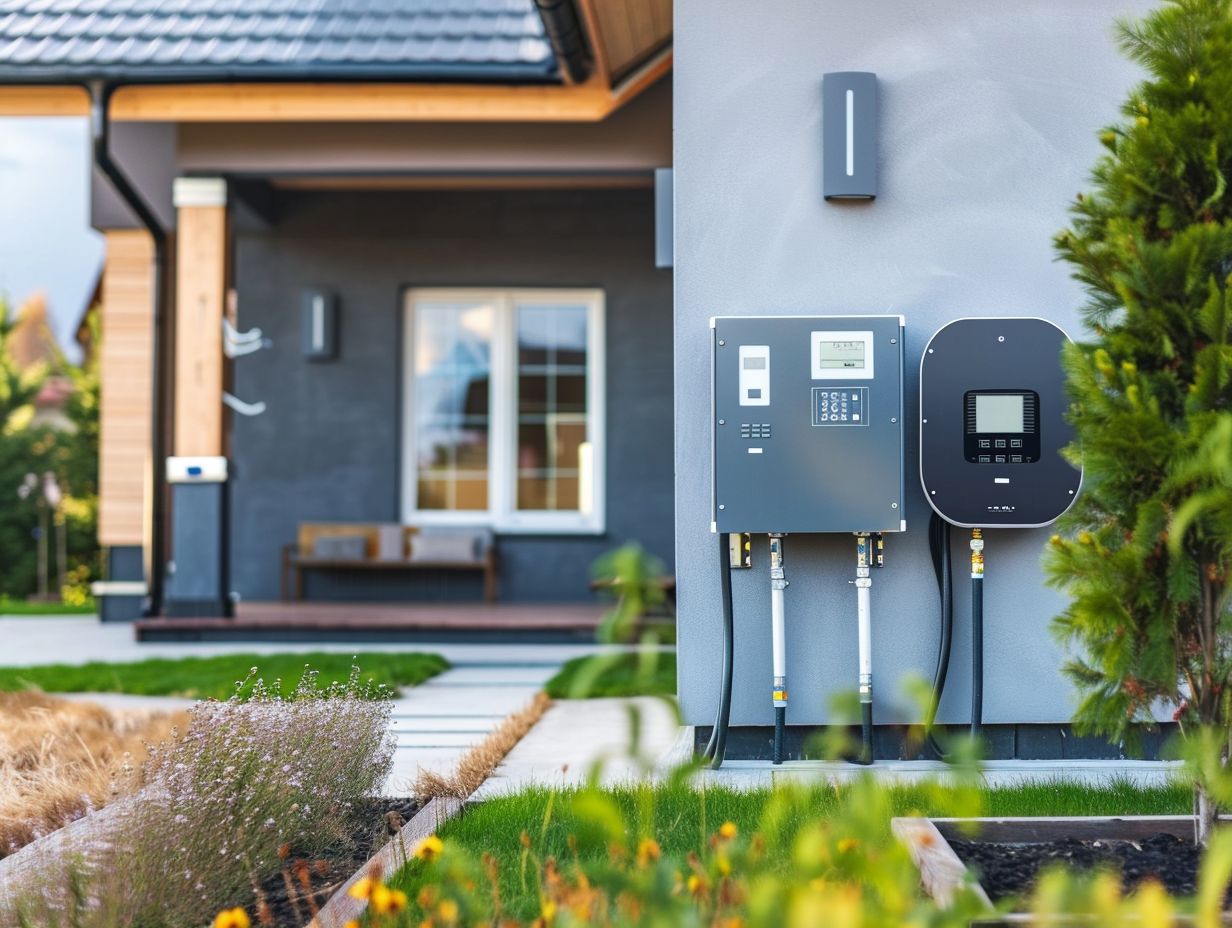
The installation of a Dual Fuel Heating system involves setting up the necessary components, integrating the heat pump or gas boiler, and ensuring proper insulation. Regular maintenance, which includes system checks, filter replacements, and efficiency assessments, is crucial for achieving optimal performance.
To begin the installation process, a professional technician will carefully position the heat pump or gas boiler, connect it to the existing ductwork or radiators, and calibrate the controls for efficient operation. Adequate insulation, such as sealing gaps and adding draught excluders, is essential to prevent energy loss.
During routine maintenance, tasks like checking for leaks, cleaning coils, and adjusting thermostat settings should be carried out to ensure the system runs smoothly. Proper insulation not only enhances energy efficiency but also improves indoor comfort levels, reducing the workload on the heating components.
Tips for Maximising Energy Savings
To maximise energy savings with Dual Fuel Heating, you should consider optimising temperature settings, utilising programmable thermostats, ensuring proper insulation, regular system maintenance, and leveraging renewable energy sources where feasible. These strategies can enhance efficiency and reduce overall energy consumption.
When setting your programmable thermostat, adjust it to lower temperatures when you are away or sleeping and increase them when you are at home to optimise your energy usage further. Regularly cleaning and replacing filters in your heating system can also improve efficiency by ensuring proper airflow. Sealing any draughts around doors and windows helps maintain a consistent indoor temperature, reducing the workload on your heating system. Exploring the potential for solar panels or wind turbines to supplement your energy needs is another sustainable method to reduce dependence on traditional energy sources.
Efficient Use of Dual Fuel Heating
Efficient use of Dual Fuel Heating involves understanding your energy consumption patterns, utilising the system’s hybrid capabilities effectively, maintaining optimal temperature settings, and exploring renewable energy integration. By maximising energy efficiency, you can achieve sustainability and cost savings.
To further enhance the efficiency of Dual Fuel Heating, it is crucial for you to conduct regular maintenance to ensure that the system operates at its peak performance. Implementing smart thermostats and zoning techniques can help you regulate heating more effectively, optimising energy usage.
Considering the insulation of your home and sealing any drafts can prevent heat loss, reducing the workload on the heating system. By incorporating these strategies, you can not only save on energy costs but also contribute towards a more environmentally friendly approach to heating your home.
Frequently Asked Questions
Can Dual Fuel Heating Save on Energy Costs?
Yes, dual fuel heating can save on energy costs by utilising a combination of two energy sources, typically natural gas and electricity, to efficiently heat your home.
How does dual fuel heating reduce energy costs?
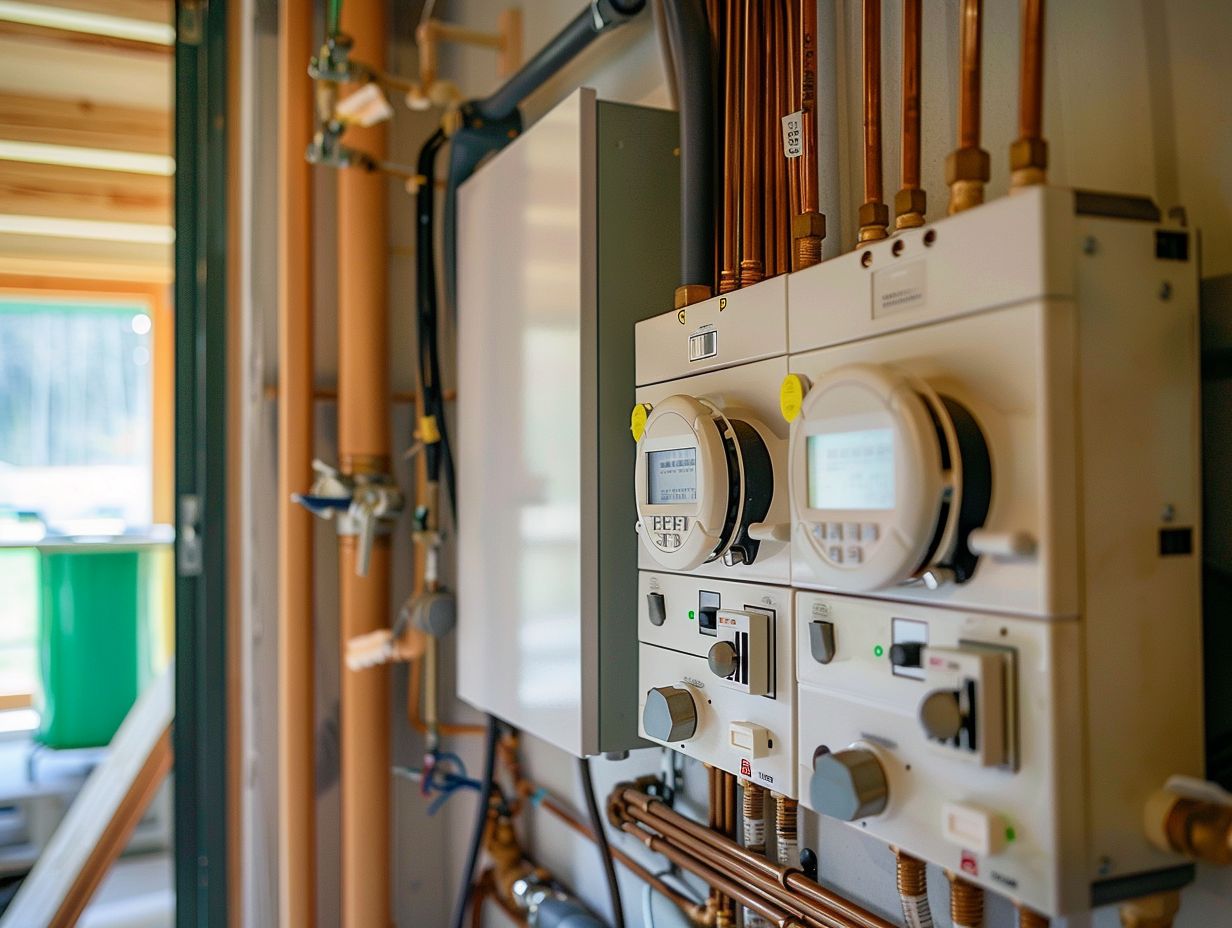
Dual fuel heating systems work by using the most cost-effective energy source at any given time, depending on the current energy prices. This allows for significant savings on overall energy costs.
Are there any other benefits of using dual fuel heating?
Apart from reducing energy costs, dual fuel heating also helps to reduce carbon emissions and is more environmentally friendly compared to traditional heating methods.
How does the cost of dual fuel heating compare to traditional heating methods?
While the initial installation cost of a dual fuel heating system may be slightly higher, the long-term energy savings and efficiency make it a more cost-effective solution compared to traditional heating methods.
Are there any specific factors to consider before switching to dual fuel heating?
Yes, it is important to consider the climate and energy prices in your area, as well as the size and layout of your home, before deciding if dual fuel heating is the best option for you.
Can I still use my existing heating system if I switch to dual fuel heating?
Yes, in most cases, dual fuel heating can be easily integrated with existing heating systems. However, it is best to consult with a professional to ensure proper installation and compatibility.

